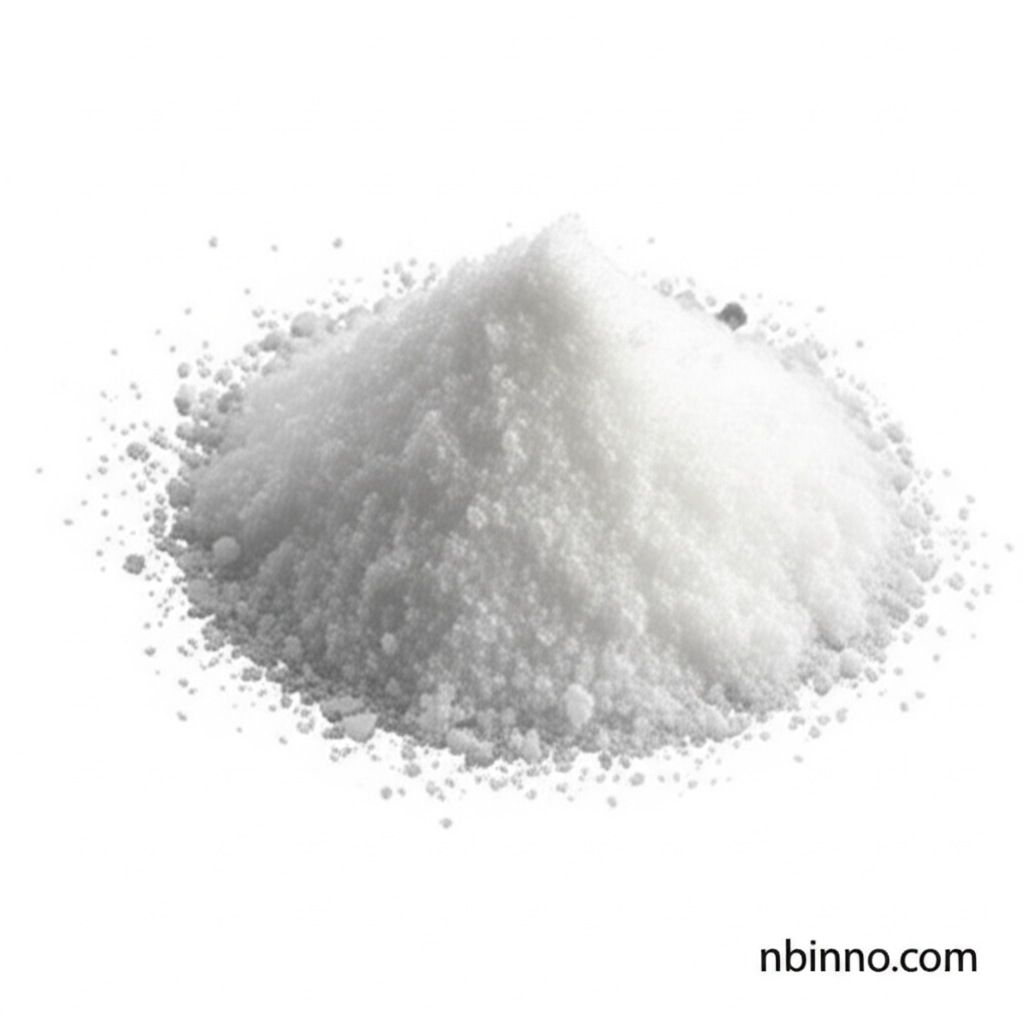p-Toluenesulfonic Acid: Your Premier Organic Synthesis Catalyst
Discover the power of PTSA, a versatile and efficient organic acid for your chemical needs.
Get a Quote & SampleProduct Core Value

p-Toluenesulfonic Acid
p-Toluenesulfonic Acid (PTSA) is a strong organic acid, recognized for its utility as a catalyst and intermediate in numerous chemical processes. Its solid, crystalline form and solubility in polar solvents make it a convenient and effective reagent for a wide range of applications in organic synthesis and industrial chemistry.
- Harness the power of PTSA for efficient organic synthesis, a key area in developing new chemical entities.
- Utilize PTSA as a versatile catalyst in organic synthesis, facilitating reactions like esterification and acetalization.
- Leverage p-toluenesulfonic acid's properties as a fluorescent tracer for precise water system monitoring and leak detection.
- Employ its catalytic role in acid-catalyzed reactions, crucial for various chemical transformations and intermediate production.
Key Advantages
Exceptional Catalytic Activity
PTSA's strong acidity makes it a highly effective catalyst for numerous organic transformations, significantly improving reaction yields and efficiency in areas like organic synthesis.
Broad Application Spectrum
From complex organic synthesis to industrial water treatment as a fluorescent tracer, PTSA's versatility allows for diverse applications, addressing multiple industrial challenges.
Convenient Handling and Storage
As a white, crystalline solid, PTSA is easy to weigh and store, simplifying laboratory and industrial procedures and enhancing operational safety compared to liquid acids.
Key Applications
Catalysis in Organic Synthesis
PTSA is widely employed as a catalyst in organic synthesis, promoting reactions such as esterification, acetalization, and Friedel-Crafts alkylation, making it invaluable for producing fine chemicals.
Fluorescent Tracing in Water Treatment
Its strong fluorescent properties allow PTSA to be used as a reliable tracer in industrial water systems for monitoring flow, detecting leaks, and measuring tank retention times.
Intermediate in Chemical Production
As a chemical intermediate, PTSA plays a role in the synthesis of various compounds, including pharmaceuticals and polymers, contributing to the production of diverse industrial products.
Protein Hydrolysis Catalyst
PTSA serves as an effective catalyst for protein hydrolysis, offering a convenient alternative for amino acid analysis in biochemical research and quality control.
